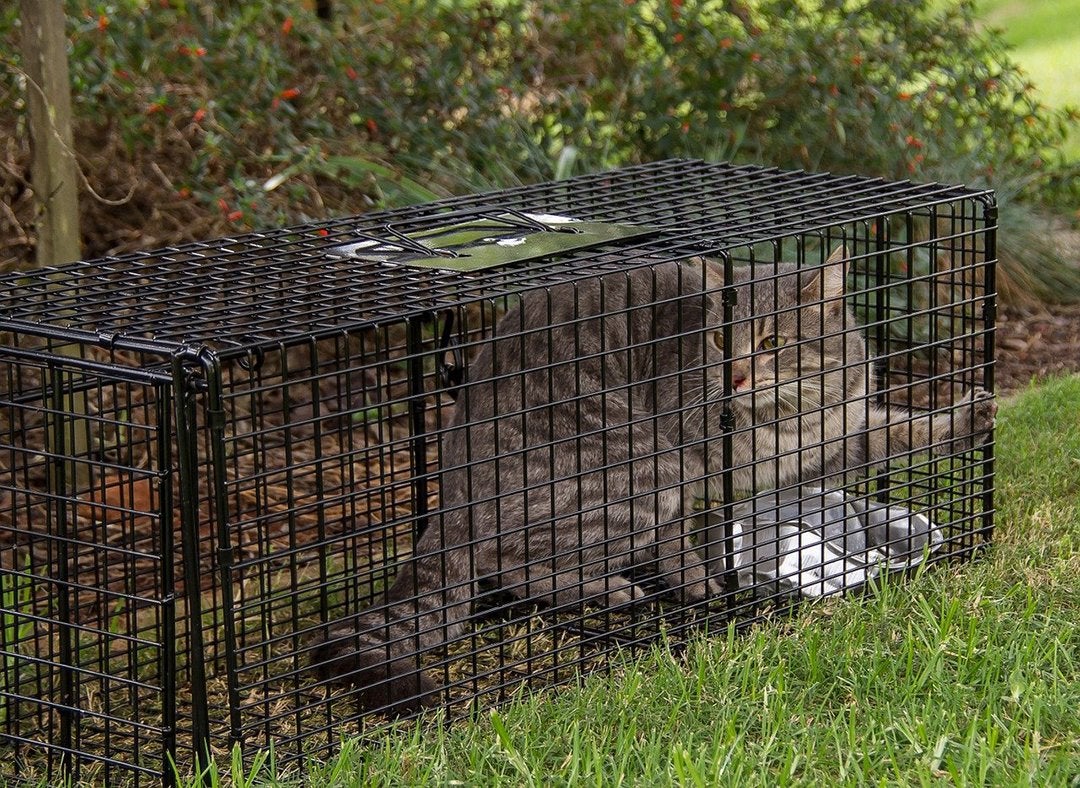Feral cats are an issue throughout Georgia, and one local CSRA animal rescue is doing its part to decrease the population with the trap, neuter and release (TNR) model.
TNR is when a feral male cat is trapped, brought to a veterinarian for neutering then released back to the streets. Kathryn Ellis, founder of Hands to Paws rescue, has implemented the program when funds are available.
[adrotate banner=”21″]
“When we have the funds, we will do it (TNR). Our funds are derived only from community donations, applied for/received grants and fundraising,” said Ellis. “We will ask that homeowners trap the cat for us. We will pick the animal up, neuter and vaccinate the cat before releasing it back to the home. That’s if homeowners are okay with having strays around. Sometimes we have to relocate.”
According to Ellis, just neutering the cat will not help solve the issue of feral cats. She said that vaccinating the animal, too, is what makes the program successful.
“TNR usually works if you have both; vaccinations and neutering,” said Ellis.
Hands to Paws a small animal rescue that began in 2015 and reached nonprofit status in 2016. It is an all-volunteered, foster-based rescue. Its mission, according to Ellis, is “to initiate and support programs that extend and elevate standards of compassionate care for companion animals in the CSRA by providing educational programs, direct care and cooperative efforts in increasing access to low-cost spay/neuter, rescue, fostering and adoption of animals in need.”
Since the coronavirus began, Ellis said Hands to Paws have seen an increase in the number of animals in need. She further explains that the more people are educated on the matter, the more resources that become available.
“TNR is a humane way of preventing further growth of the feral population,” said Ellis. “Neutering is cheaper, and males recuperate faster.”
[adrotate banner=”21″]
Ellis said that females are more susceptible to infection and take longer to recuperate.
However, not everyone believes that TNR is a suitable solution. Ellis said that business owners of restaurants prefer the strays to be completely removed from the premises because of diseases and destruction. Relocation is an option but could disorient the animals.
For more information on Hands to Paws visit their website at https://www.hands2paws.org/ or Facebook page https://www.facebook.com/handstopawsrescue. You may also email them at handstopawsrescue@gmail.com.
If interested in adopting an animal in need, fill out an application here https://form.jotform.com/63233159342149.
Haley Knight is a contributor for The Augusta Press. Reach her at haley.knight@TheAugustaPRESS.com
[adrotate banner=”36″]










